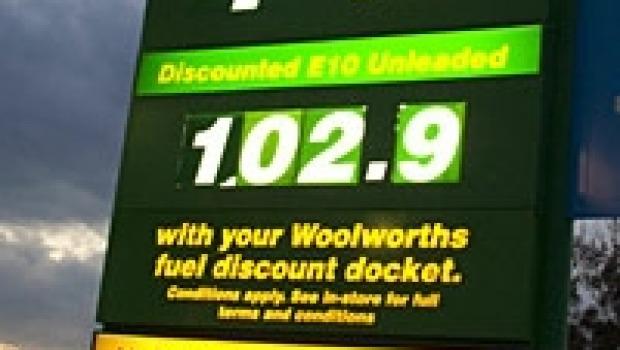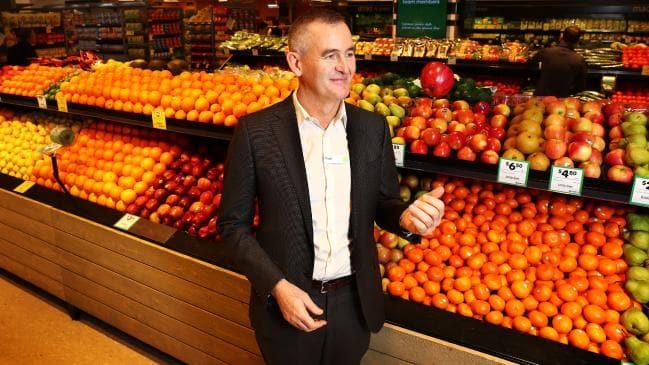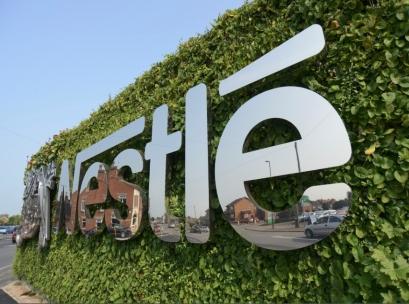US-based private equity firm TPG Capital is tipped to be on the brink of spending $1 billion on the acquisition of an Australian company and most are pointing to pet care business Greencross as the outfit for which the buyout fund is about to pay up.
It comes with talk in the market this week that TPG Capital had its eye on a $1bn Australian prize and that the deal was about to be done.
Greencross seems to be the logical target, given the buyout fund has been in the data room with other parties assessing a purchase of the listed operation for several weeks.
Its current market value is $546 million and the expectation is that TPG would be offering a premium of as much as 30 per cent for a successful pursuit.
Factoring in $268m of debt takes the price tag to almost $1bn.
Market analysts yesterday had much to say about the price TPG was paying for Greencross, should that in fact be its target.
The concern is that although the amount of money consumers are investing in pet care is increasing, the industry is ripe for online disruption. Supermarkets and discount department stores are expected to penetrate the sector further.
Australia has one of the highest rates of pet ownership in the world, according to IBISWorld, which says more than 60 per cent of Australian households has a pooch or puss.
Revenue in the industry has been growing at more than 7 per cent annually and is likely to grow about 3 per cent in the next few years.
Shares in Greencross were worth more than $10 in 2014, but closed yesterday at $4.54 as the sector globally comes under pressure due to the growing dominance of online retailer Amazon.
Working for Greencross is Macquarie Capital and Allier Capital. TPG has UBS.
The latest speculation suggests TPG has fended off competition from Permira and BGH, which have also been in the data room conducting due diligence. The thinking is that TPG has pre-empted the process with its bid.
Greencross was a market darling in early 2016 when TPG Capital made a bid to buy the business for $770m.
This was only two years after the merger of Petbarn owner Mammoth Pet Holdings, of which TPG held a major stake, with vet business Greencross.
At that time, BGH Capital founding partners Ben Gray and Simon Harle were running Australia’s operations for TPG Capital so they know the target well. Quadrant Private Equity was also a former Greencross owner.
Now TPG’s Australian operations are run by former Champ Private Equity director Joel Thickins.
The Carlyle Group in recent months and Kohlberg Kravis Roberts are both understood to have looked at the business in the past, but are not thought to be currently circling.
Greencross is Australasia’s leading specialist retailer of pet food, pet-related products and pet accessories. It has more than 230 stores under the Petbarn, City Farmers and Animates brands and operates Australia’s largest veterinary services business, which has more than 160 clinics.
In the 2018 financial year, it posted a 51 per cent fall in its net profit to $20.7m, despite reporting a 7 per cent revenue lift and as it was weighed down from its vet clinic division and impairment costs.
Elsewhere, stockbroking and financial advisory firm Wilsons has lured former head of investment strategy at UBS Asset Management Tracey McNaughton to lead macro strategy in its strategy group.






